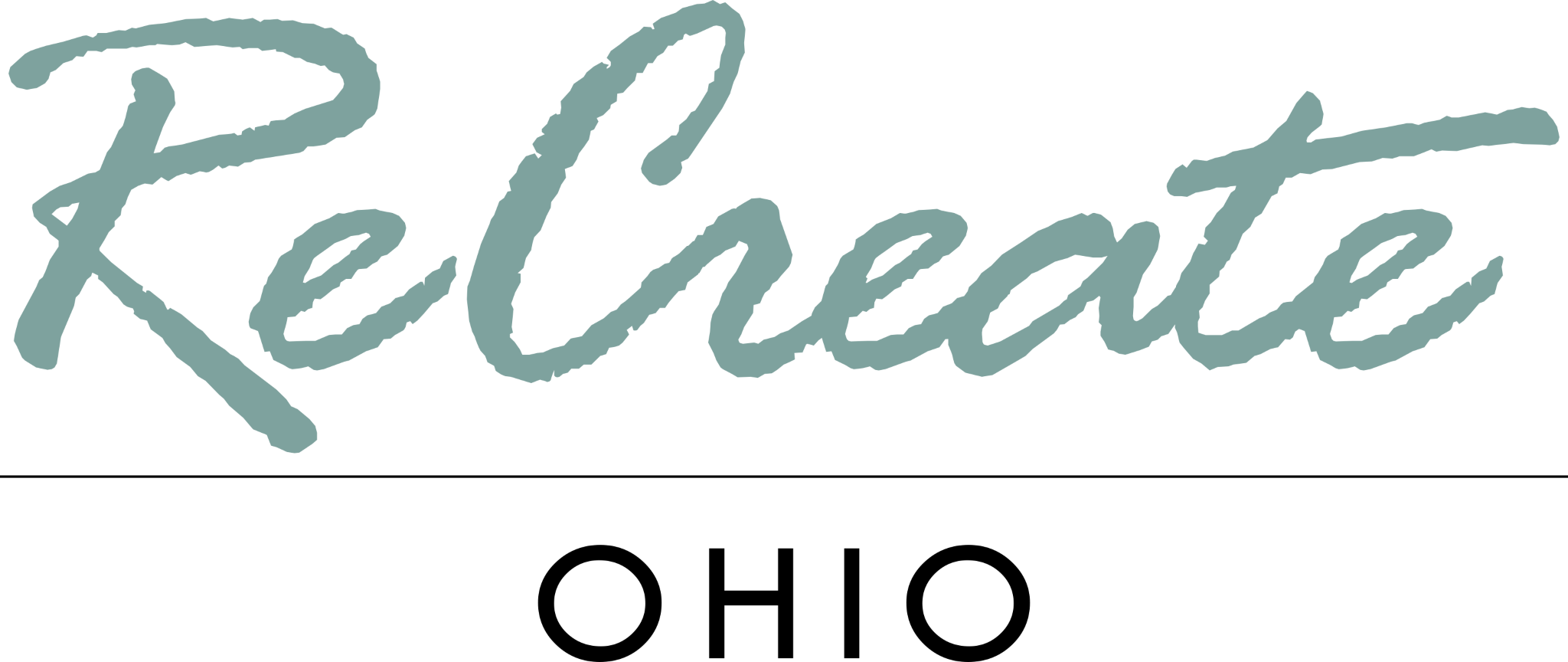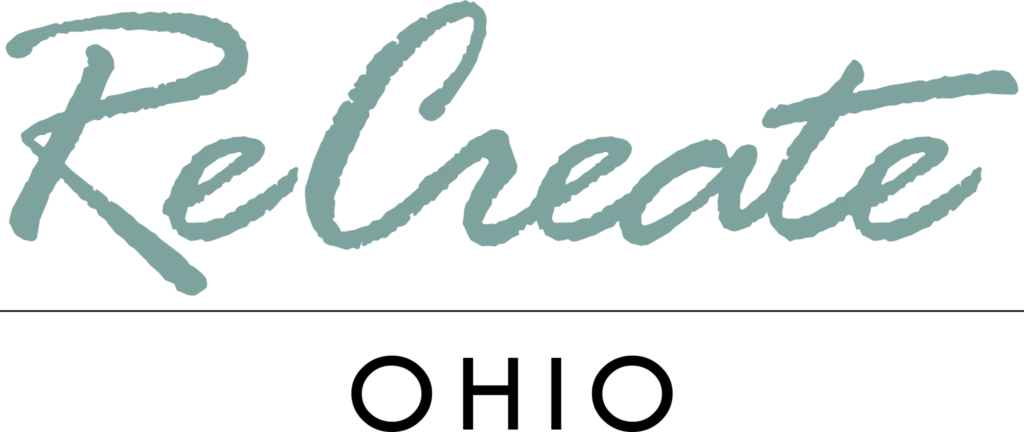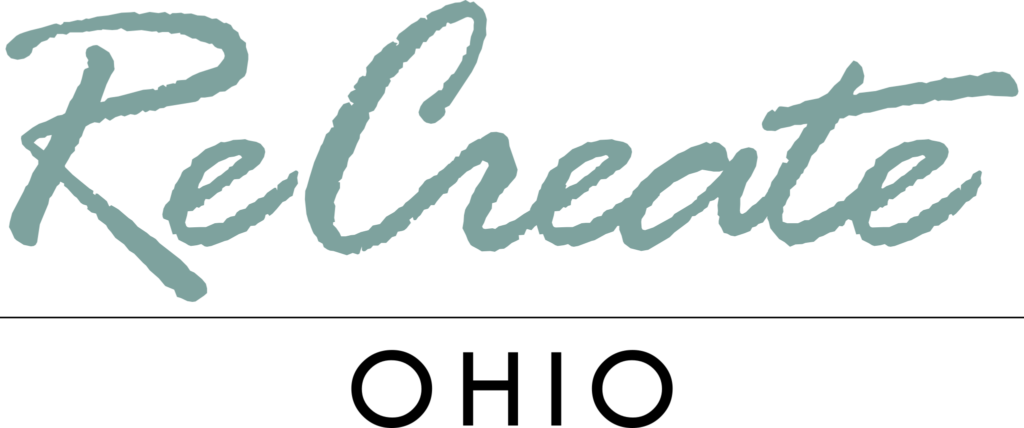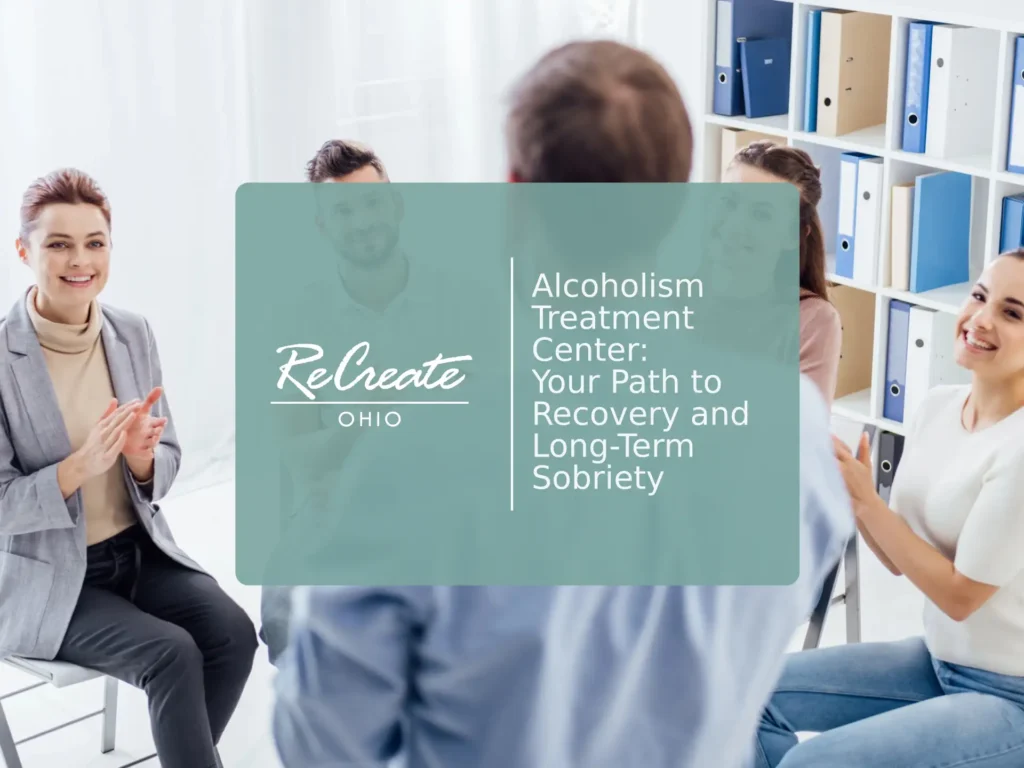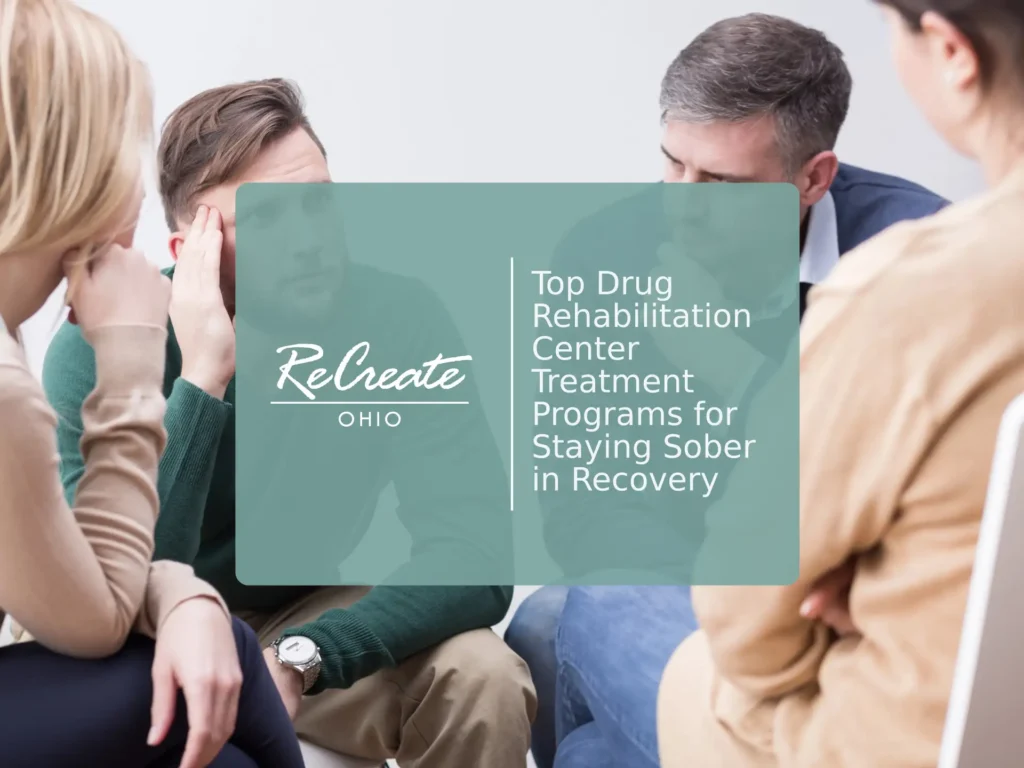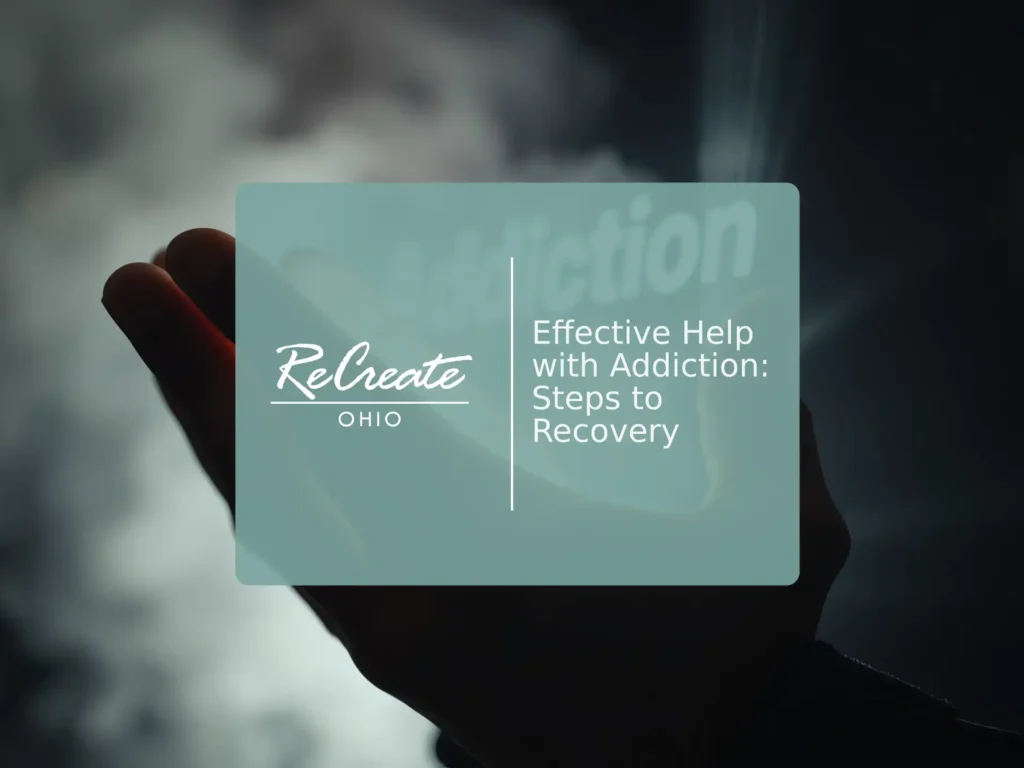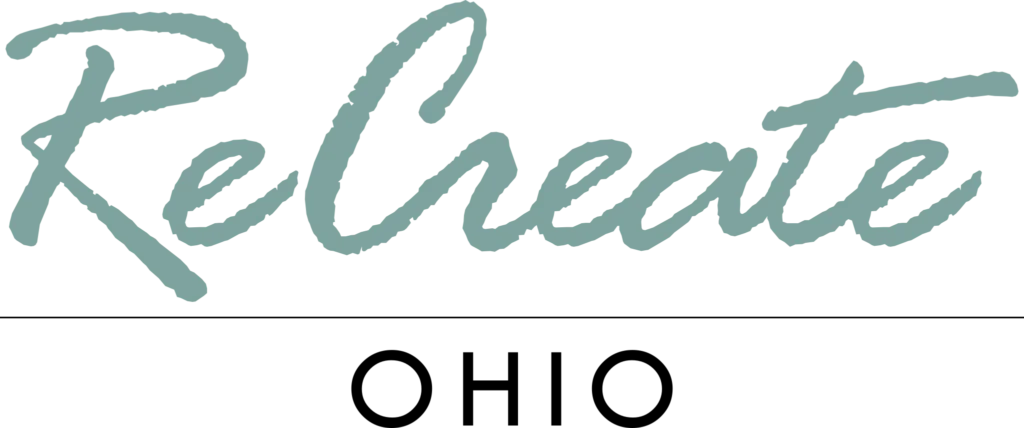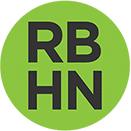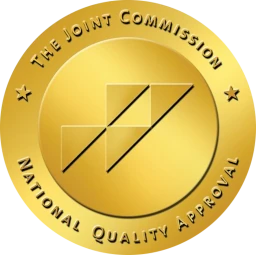Table of Contents
Treatment for Prescription Drug Addiction

Prescription drug addiction can be a complicated scenario. Prescription drug misuse often comes from not taking medicine as prescribed, taking somebody else’s medicine, or purposefully taking prescribed drugs legally or illegally with the intent to get high. This article is to explain about prescription addiction and how to find treatment options.
Key Takeaways
- Prescription drug addiction arises from the improper use of medications, leading to dependency and severe health risks such as overdose and impaired judgment.
- Treatment combines detoxification, behavioral therapy, and Medication-Assisted Treatment (MAT) to address different aspects of addiction and promote holistic recovery.
- Recreate Behavioral Health of Ohio offers personalized and comprehensive care, including inpatient treatment and aftercare services, to support individuals in their recovery journey.
Understanding Prescription Drug Addiction

Addiction to prescription drugs arises from their improper use, which causes an uncontrollable urge to continue using them despite adverse effects. These medications, which are typically prescribed for managing physical or mental health issues, cover a range of substances like painkillers, tranquilizers, and prescription stimulants. When misused, they interfere with the brain’s reward mechanism resulting in dependence and addiction. The Substance Abuse and Mental Health Services Administration (SAMHSA) provides education and resources for individuals struggling with prescription drug addiction.
The repercussions of misusing prescription drugs can be devastating. These include significant health threats such as drug addiction itself, overdoses and diminished decision-making capabilities. Understanding the characteristics of prescription drug addiction is helpful when seeking successful treatment options and achieving recovery.
What are Prescription Drugs?
Prescription drugs are medications prescribed by licensed healthcare professionals to treat specific medical conditions or diseases. These drugs are available only with a prescription from a doctor, nurse practitioner, or other authorized healthcare provider. Prescription drugs can address a wide range of health issues, including pain, anxiety, depression, and infections. They come in various forms such as tablets, capsules, liquids, and creams, and can be administered orally, topically, or through injection.
Regulated by the U.S. Food and Drug Administration (FDA), prescription drugs must adhere to strict guidelines to ensure their safety and efficacy. These medications are typically manufactured by pharmaceutical companies and distributed through pharmacies and other authorized retailers.
It is highly suggested to use prescription drugs only as directed by a healthcare professional and to follow the recommended dosage and administration instructions. Abusing prescription drugs can lead to severe health consequences, including addiction, overdose, and even death. Therefore, understanding the proper use of these medications is essential for maintaining health and preventing prescription drug misuse.
Commonly Abused Prescription Drugs
Prescription medications that have the potential to alter one’s mental state are particularly vulnerable to misuse. Medications prescribed for pain relief, such as prescription opioids like morphine and oxycodone, interfere with how pain is communicated in the brain while simultaneously heightening dopamine levels which can induce a state of euphoria. The improper use of these drugs may be the cause of an opioid use disorder or addiction. When individuals who misuse opioids stop taking them, they often experience intense withdrawal symptoms including restlessness, heightened anxiety, and muscle soreness—symptoms that typically reach their peak within three days after they stop taking the drug. Combining prescription medications with other drugs, such as alcohol or illicit substances, can result in severe side effects or even fatal outcomes, making it dire to consult healthcare professionals to prevent such risks.
CNS depressants are another category of medication often subject to abuse. They’re prescribed for treating anxiety and sleep disorders by bolstering GABA neurotransmitter activity in the brain resulting in sedation. Abuse of these substances may result in substantial physical dependence along with challenging withdrawal periods that could necessitate detoxification programs.
Likewise frequently abused are stimulants meant to manage conditions such as ADHD because they increase focus through their effect on norepinephrine and dopamine neurotransmission systems. Abusing stimulants poses serious health risks, including addiction and physical dependency issues, which magnify the importance of finding the right treatment strategies for addiction recovery.
Symptoms of Prescription Drug Addiction
Prescription drug addiction can manifest in various ways depending on the specific medication abused. Common indicators include persistent and compulsive use even when faced with really bad outcomes, noticeable alterations in physical appearance and behavior, as well as the onset of withdrawal symptoms. Mental disorders can be treated with Central Nervous System (CNS) depressants under medical supervision. For example, early reactions to CNS depressants often encompass drowsiness and lack of coordination, whereas opioids have been known to affect cognitive function, discernment, and reflexes.
Taking CNS depressants can reduce feelings of anxiety. However, abuse of CNS depressants can cause severe drowsiness and respiratory depression. CNS depressants include benzodiazepines and barbiturates. Mixing CNS depressants with alcohol can cause slow heartbeat and death.
When individuals cease taking opioids, they frequently encounter a host of physiological and emotional difficulties such as restlessness, unease, muscular discomforts, diarrhea, and queasiness. Not to mention experiencing chills. Recognizing these withdrawal symptoms promptly helps in finding treatment for prescription drug addiction without delay. Opioid overdose can be life-threatening and is exacerbated if taken with alcohol or benzodiazepines
Stimulants are prescribed for conditions like ADHD and narcolepsy. Symptoms of stimulant abuse include increased energy and talkativeness. Stimulants raise blood pressure and heart rate. High doses of stimulants can raise body temperature. Counseling is the most common treatment for addiction to CNS depressants or stimulants.
Treatment Options for Prescription Drug Addiction

To tackle the intricate issue of prescription drug addiction, a thorough and individualized treatment plan is needed. An effective treatment typically melds several components such as detoxification, MAT, and behavioral therapy to cover all facets of the addiction, facilitating an integrated approach.
Constructing the treatment plan is essential in targeting the underlying factors contributing to prescription drug addiction while also mitigating chances of recurrence. Incorporating behavioral therapies like Cognitive Behavioral Therapy (CBT) alongside comprehensive methods including yoga and mindfulness can play a pivotal role in the complete well-being and lasting recovery.
Detoxification
The process of detoxification is a critical initial phase in the management of prescription drug addiction. It is all about the handling of withdrawal symptoms with medical oversight to guarantee both the safety and well-being of the person undergoing treatment. The primary goal of a successful successful detox period is to alleviate the discomfort of withdrawal.
Programs offering inpatient residential care, including those available at Recreate Behavioral Health of Ohio, deliver a protected and encouraging setting essential for detoxification. Each person ready and willing to adress their addictions to prescription drugs will have continuous monitoring along with professional medical assistance as they withdrawal from these substances.
Behavioral Therapy
In facing addiction, behavioral interventions and therapies are at the core of the treatment experience. Through Cognitive Behavioral Therapy (CBT), patients learn to alter and challenge thoughts and actions tied to drug use, equipping them with the skills needed to tackle triggers that could lead to relapse.
Motivational Enhancement Therapy (MET) aims at increasing a person’s drive to adjust their behavior concerning substance use. When these two forms of therapy are used in tandem, they effectively target the psychological elements of addiction and greatly enhance the likelihood of achieving lasting sobriety.
Medication-Assisted Treatment (MAT)
Opioid treatment programs within inpatient, residential and outpatient treatment can plays an important role in administering medications like methadone and buprenorphine, which are essential components of MAT. MAT combines the use of these medications with counseling and behavioral strategies in the treatment of substance abuse, specifically targeting prescription addiction and opioid use disorder. Medications are administered to reduce cravings and ease the symptoms of withdrawal. For those who find themselves in the ER, starting buprenorphine treatment in the emergency department for overdose is effective in engaging patients in treatment.
Another pharmaceutical used in MAT is naltrexone, which stops the euphoric sensations associated with opioid consumption, thereby aiding in relapse prevention. When MAT is employed alongside other therapeutic modalities, it contributes to a more holistic and successful rehabilitation from addiction involving prescription medications.
A synthetic opioid, Methadone, is an agonist that prevents symptoms of withdrawal and relieves drug cravings. Mainly used for opiate addictions, it often involves going to a clinic daily for your dose. This type of opioid treatment is not offered at residential facilities as it requires daily doses and a titration down. Many choose to stay on methadone for long periods of time.

Alternative Therapies for Prescription Drug Addiction
Alternative therapies can play a supportive role alongside traditional treatment methods in helping individuals overcome a prescription addiction. These therapies offer additional avenues for managing symptoms of withdrawal, reducing cravings, and promoting overall well-being. Some effective alternative therapies for treating prescription addiction include:
- Acupuncture: This ancient Chinese practice involves inserting thin needles into specific points on the body to stimulate healing and relaxation. Acupuncture has been shown to reduce symptoms of withdrawal and cravings.
- Mindfulness-Based Therapies: Practices such as meditation and yoga help individuals develop greater self-awareness and self-regulation skills. These therapies can be beneficial in managing cravings and preventing relapse by promoting mental clarity and emotional stability.
- Herbal Supplements: Certain herbal supplements, like St. John’s Wort, have anti-anxiety and anti-depressant properties. These supplements can help manage symptoms of prescription addiction, though they should be used under the guidance of a healthcare professional.
- Aromatherapy: The use of essential oils, such as lavender and chamomile, can promote relaxation and reduce stress. Aromatherapy can have a calming effect on the body and mind, aiding in the recovery process.
- Massage Therapy: Massage therapy can reduce stress and anxiety, promote relaxation, and improve mood. It can also help alleviate withdrawal symptoms and cravings.
It is important to note that alternative therapies should complement, not replace, traditional treatment methods. Individuals with any addiction should consult with healthcare professionals before starting any alternative therapy to ensure it is safe and appropriate for their specific needs.
Addiction Medicine at Recreate Behavioral Health of Ohio

Recreate Behavioral Health of Ohio provides an detox and residential treatment for those grappling with addiction to opioid painkillers, prescription opioids, over the counter drugs, and other drugs. We offer specialized programs designed to tackle opioid use disorders, substance use disorders, as well as alcohol use disorder. Our healthcare providers understand and treat the serious consequences of physical dependence. We gather your medical history and know the symptoms, signs and drug tolerance required to effectively address your prescription drug abuse and substance misuse.
Inpatient Residential Treatment
Recreate Behavioral Health of Ohio, situated in Gahanna, is on a beautiful campus and delivers an environment that welcoming. Our staff understands what each patient is experiencing and helps guide them through medical-based detox and evidence-based therapy models of treatment.
Throughout every detoxification stage, Recreate Ohio offers unwavering support paired with medical monitoring to its patients. This guarantees a level of care that adheres to the stringent standards of addressing prescription drug abuse.
Support Services and Aftercare
Aftercare services and support are necessary components in successful recovery. Recreate Ohio offers extensive aftercare assistance, incorporating family and group counseling, as well as community support.
Aftercare strategies cannot be overstated as they contribute immensely to maintaining abstinence and averting relapse. These supportive measures substantially improve the likelihood of achieving recovery free from substance use.
Risk Factors and Prevention Strategies

Identifying the risk factors associated with prescription drug abuse and addiction is helpful for prevention. The misuse of prescriptions can result in serious health complications, such as overdose and death. Combining prescriptions with other substances or alcohol intensifies these dangers, potentially leading to deadly results.
Addressing prescription opioid addiction involves a combination of medication and therapies. Drugs like buprenorphine, methadone, and naltrexone play a large role in managing the symptoms of opioid withdrawal and cravings, and integrating these pharmacological approaches with psychosocial support enhances recovery outcomes.
Prescription misuse may impair judgment and make individuals more likely to take risks, such as having unprotected sex. Injecting drugs increases the chances of contracting diseases like HIV and hepatitis C.
Teen Prescription Drug Abuse Prevention
Prescription drug abuse can affect all age groups, including teens. Did you know that prescription misuse is highest among teens and young adults? Prescription medicines are frequently misused by teenagers.
The misuse of prescription medications by teenagers is an alarming issue. It has been reported that approximately one in five high school students, or 21%, have admitted to taking prescription medicines at least once that are not theirs. The tendency for teens to abuse these drugs often stems from the easy access to them and the false belief that they are less dangerous than illegal drugs.
Many prescription medicines are misused by people aged 12 and older. Teenagers often take prescription medication from their parents’ medicine cabinets.
Older Adults and Prescription Misuse
Due to a variety of health issues and the concurrent use of numerous medications, older adults are at heightened risk for misuse of prescription medicines. Older adults are also at risk of prescription drug abuse, especially when combining drugs with alcohol.
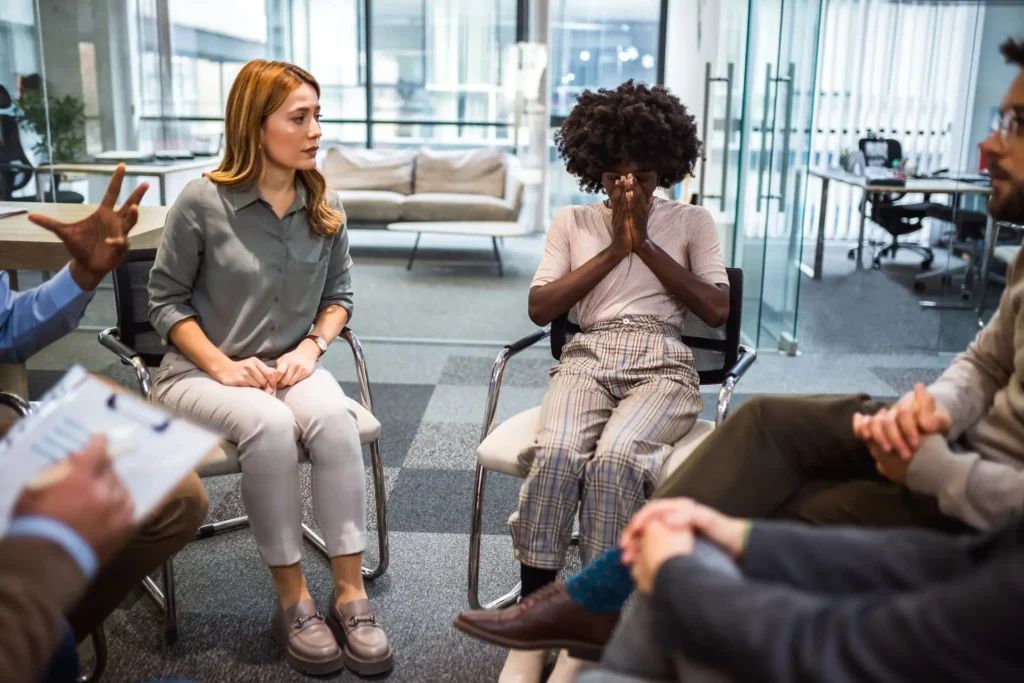
Drug Abuse and Mental Health
The relationship between drug abuse and mental health is complex and intertwined. Many individuals with mental health conditions, such as depression and anxiety, may turn to drugs as a way to self-medicate and manage their symptoms. Conversely, drug abuse can contribute to the development of mental health conditions, creating a vicious cycle that can be challenging to break.
Research indicates that individuals with mental issues are more likely to develop a substance use disorder, and vice versa. This dual diagnosis requires a comprehensive treatment approach that addresses both the mental diagnosis conditions and the substance use disorder simultaneously. Some common mental health conditions associated with drug abuse include:
- Depression: Individuals with depression may turn to drugs to manage their symptoms and improve their mood, increasing the risk of drug abuse.
- Anxiety: Those with anxiety may use drugs to reduce their stress levels and manage their symptoms, which can lead to prescription drug abuse.
- Post-Traumatic Stress Disorder (PTSD): Individuals with PTSD may use drugs to cope with their symptoms and reduce stress, heightening the risk of addiction.
- Bipolar Disorder: People with bipolar disorder may turn to drugs to manage their symptoms and stabilize their mood, increasing the likelihood of substance use disorders.
Treating drug abuse and mental health conditions simultaneously is ideal for achieving long-term recovery. This integrated approach may involve a combination of medications and therapies to address both conditions effectively. By tackling the root causes of both the mental health condition and the substance use disorder, individuals can achieve a more stable recovery.
Seeking Help: How to Get Started

Acknowledging the need for help is the begining. Finding the right healthcare provider or addiction treatment center begins with reaching out, usually via a phone call or web chat.
Recreate Behavioral Health of Ohio offers expert treatment catered specifically for individuals willing to address their addiction. Prompt action can halt the progression of these problems, ensuring that trained medical personnel are available to offer essential aid in a nonjudgmental manner.
Initial Assessment and Admission Process
Treatment begins with an initial assessment and admission process. During this initial evaluation, healthcare providers examine an individual’s history of substance use along with their mental health condition to ascertain the most suitable course of treatment. The admission stage can include additional assessments and conversations about various treatment alternatives, guaranteeing that care is customized to address distinct requirements.
Financial Considerations and Insurance Coverage
Learning about the monetary elements involved in addiction treatment is helpful for securing the required care. Treatment for substance use disorders is included in most health insurance plans, although coverage can differ significantly between them.
Recreate Behavioral Health of Ohio assists people in comprehending their financial options and decoding their insurance benefits to make certain that expenses do not impede access to essential assistance.

Summary
Prescription drug addiction requires a nuanced and individualized treatment approach. Understanding prescription drug abuse, identify its signs, and be informed about the most frequently misused medications in order to effectively tackle this problem is helpful. A range of successful treatment methodologies—including detoxification processes, counseling and therapy sessions, and MAT—provides avenues for individuals to reclaim their lives from addiction.
Recreate Behavioral Health of Ohio provides specialized care that is custom-fitted to meet the distinct challenges faced by those affected by alcoholism and addiction. With tailor-made recovery strategies, extensive supportive services, and committed ongoing aftercare programs, Recreate Ohio equips clients with necessary resources towards sobriety.
Frequently Asked Questions
What are the common signs of prescription drug addiction?
Common signs of prescription drug addiction are ongoing and compulsive drug use despite negative consequences, noticeable physical and behavioral changes, and the experience of withdrawal symptoms.
What types of prescription drugs are most commonly abused?
The most frequently abused prescription drugs are opioids, stimulants, and CNS depressants.
How does Medication-Assisted Treatment (MAT) help in recovery?
Medication Assisted Treatment (MAT) supports the recovery process by integrating the use of medications like methadone and buprenorphine with counseling and behavioral therapies to effectively reduce cravings and control withdrawal symptoms.
How can I start the process of seeking help for prescription drug addiction?
Pick up the phone and make your first call for help. You can usually undergo a preliminary assessment via a phone call that will gauge the extent of your substance use and assess your next steps. Recreate Behavioral Health of Ohio, can offer valuable assistance, including help with navigating financial aspects and managing insurance matters.
Sources:
https://nida.nih.gov/publications/research-reports/misuse-prescription-drugs/overview
https://www.webmd.com/mental-health/addiction/abuse-of-prescription-drugs
